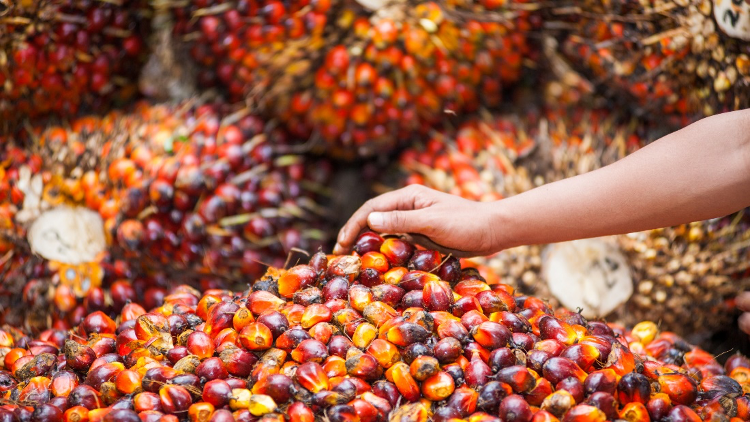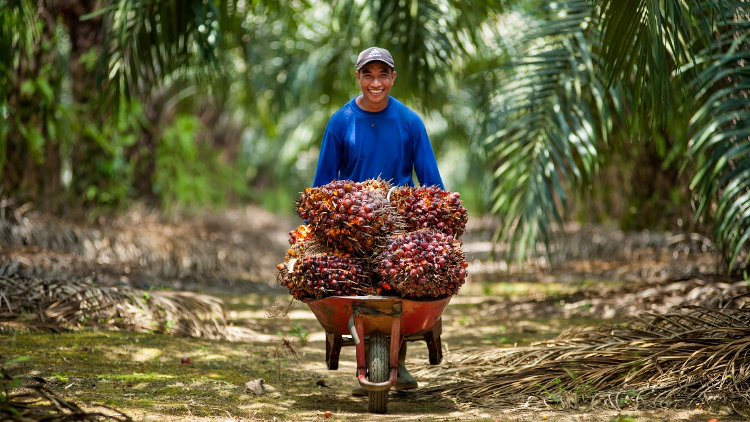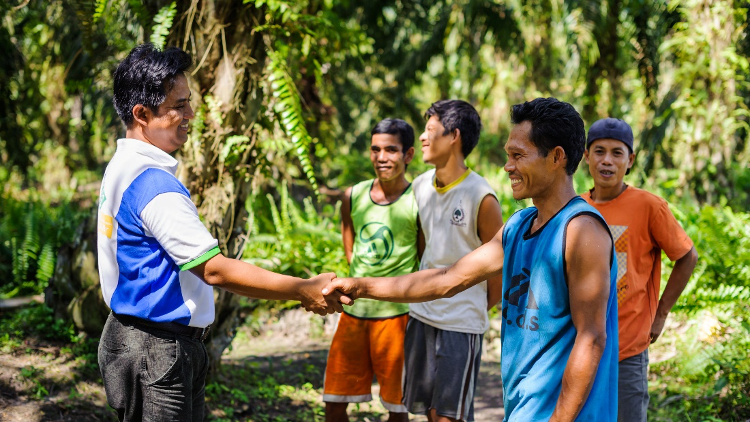What Captain Planet Can Teach Us About Sustainable Palm Oil
By Devane Sharma
The 90s animated TV series “Captain Planet and the Planeteers” inspired a generation of millennials like myself to speak out against unsustainable practices and appeal for a better environment. I am not an eco-warrior, but there is a small part of the planeteer in me. The pandemic years started an impetus to find work that added meaning to the daily grind.
So here I am, in my new role at Musim Mas, in a controversial industry that is not an obvious choice for a meaningful job.
Over the first 30 days, my realization is that palm oil is here to stay, whether we like it or not. The world demanded almost 200 million metric tons of palm oil in 2020, and the demand is expected to cross 250 million by 20261. Palm is the highest-yielding crop for vegetable oil by a mile. If we were to replace the amount of land planted for palm with sunflowers for their oil, we would get only about a quarter, and with soya beans, only about one-sixth. Therefore, the question is not about replacing palm oil but how do we make its production more sustainable.
So what else can we do to get there? Like the Planeteers, we can only succeed with our powers combined. Our recent Sustainability Townhall for our external stakeholders shows the company’s strides beyond the Group’s operations, focusing on work with our suppliers and smallholders. The townhall also presented the key trends revolving around our efforts to ramp up third-party verification related to our no-deforestation, peat and exploitation (NDPE) commitments. The main emphasis was that progress in sustainability in the palm oil industry would only be possible with collaboration.
“Collaboration” might seem overused as corporate jargon, but it is essential. Smallholder farmers own 40% of the total amount of palm oil plantations, and that number is forecasted to increase to 60% by 2030. Independent smallholders especially need the support of the government and the private sector to gain legitimacy with verifiable land deeds that would enable them financial access necessary for sustainable livelihoods and training on sustainable agricultural practices. This is why Musim Mas has made smallholder support one of our top priorities in sustainability, and we have implemented a range of programs in this area. This includes among other programs, a credit cooperative for scheme smallholders to training hubs for independent smallholders in collaboration with district governments.
We believe in mentoring and accompanying our suppliers on their journey towards sustainable palm oil, with third-party suppliers contributing to 90% of our supply. We’ve conducted extensive workshops resulted in 97% of our suppliers submitting NDPE commitments as of December 2021. Going further, we adopt a traceability to plantation (TTP) approach, and at present, we have achieved 83% TTP for our third-party supply base- up from 60% in 2019. Through these supplier collaborations, we ultimately aim to transform our supply base.
Captain Planet didn’t work alone and could only appear when summoned by a team of five young heroes, known as Planeteers. The planeteers were diverse in terms of race, geography, and gender.
Like the global rallying cry to save the planet from the excesses of humans, the industry will need to find its planeteer moment. Whether you are from the Global South or North, regardless of your consumption profile or profession, we all have a part to play if we want more sustainable palm oil products on our supermarket shelves.
1 https://www.reportlinker.com/p087311/World-Vegetable-Oils-Markets.html?utm_source=GNW




